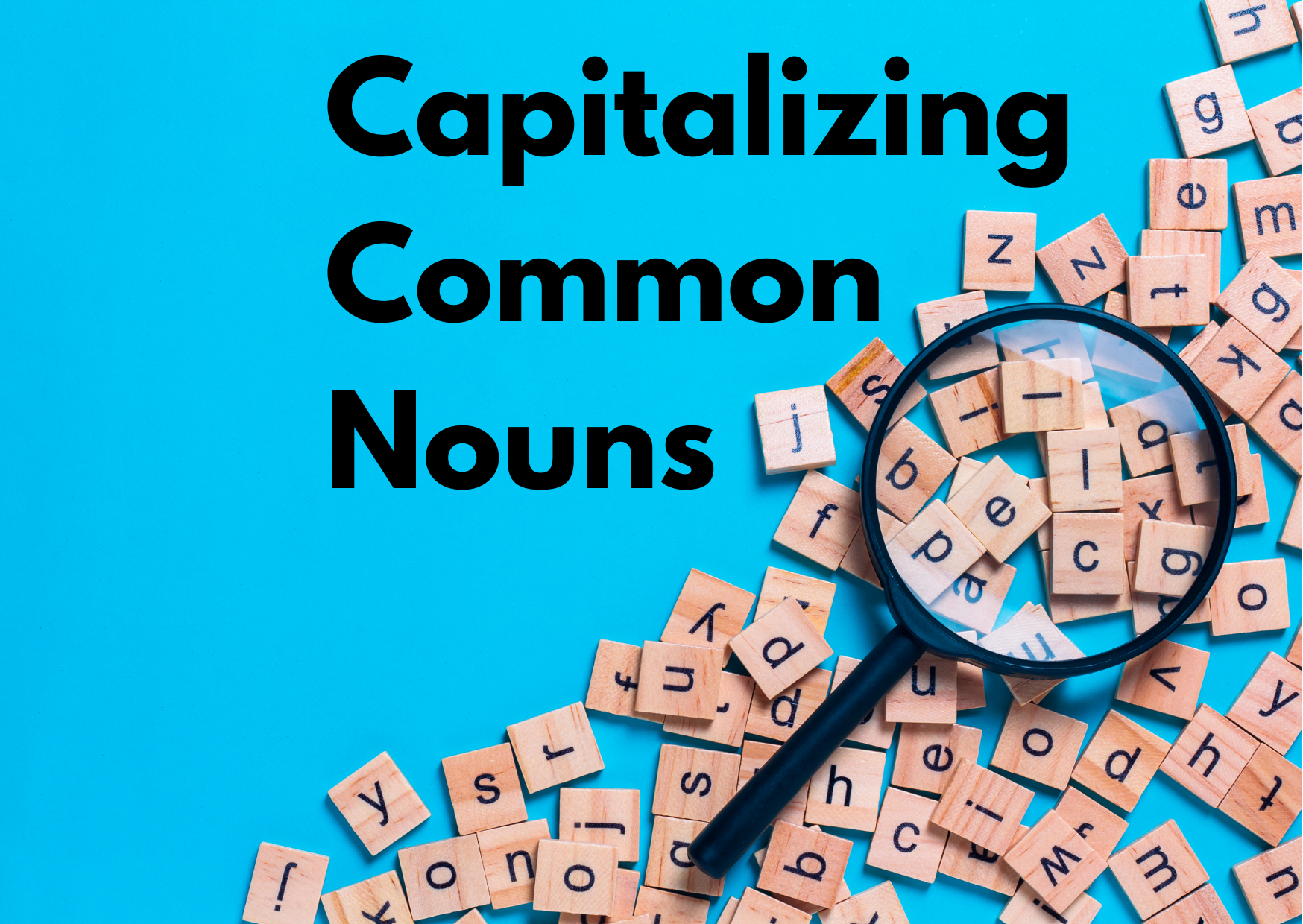If you’re wondering whether or not to put a capital letter after a semicolon or colon, the answer is “it depends”.
General Rule
Usually, the decision requires determining the independent and dependent clauses in the sentence. As a reminder, independent clauses are also known as restrictive clauses, and contain a subject and a verb. They can act as a sentence without additional information.
e.g., the sun is shining.
Independent clauses present the necessary information in a sentence. Dependent clauses are also known as nonrestrictive clauses, and may contain a subject and a verb. Still, they are incomplete sentences that need an independent clause in order to make sense.
e.g., which is a pleasant surprise.
A dependent clause provides non-critical information. If removed, the remaining sentence will still make sense. Together, independent and dependent clauses construct descriptive sentences: The sun is shining, which is a pleasant surprise.
See below for a description of when to capitalize the word after a semicolon or colon:
Semicolon
- Don’t capitalize the first word in a list after a semicolon unless the word is a proper noun. For example – During Max’s vacation, he visited many Canadian cities, including Toronto, which is Canada’s largest city; St. John’s, which is one of Canada’s oldest cities; and Ottawa, which is Canada’s capital city.
- When utilizing a semicolon to join two independent clauses, don’t capitalize the first word of the second independent clause unless the word is a proper noun. For instance – The sky is blue; the birds are singing. There is no need for a capital letter after the semicolon.
- You should capitalize an author’s name after a semicolon in a multi-author citation, e.g., (Brown & Lee, 2010; Green & Smith, 2008).
Colon
- When using a colon to merge two clauses, capitalize the first word of the clause after the colon only if it is a complete sentence (American Psychological Association [APA], 2020, p. 156).For instance – Flooding caused lane closures on January 28, 2016: Highway 3A and Blackburn Way Road were both affected by the washouts (Harnett, 2016).
- You don’t need to capitalize the first word of a dependent clause after a colon. For example – I have three tasks to complete before my paper is finished: proofread for typos, check my references, and read the document out loud to confirm the text makes sense.
- When determining whether or not to capitalize the first word of bulleted or numbered items, consider whether the item is an independent or dependent clause. If the item is an independent clause, then capitalize the first word. Do not capitalize the first word if the item is a dependent clause.
- You should capitalize the first word of a subtitle in a reference. For example – This is a title: This is a subtitle.
Related: For more punctuation knowledge, check out our “Punctuation Pointers” section here!






